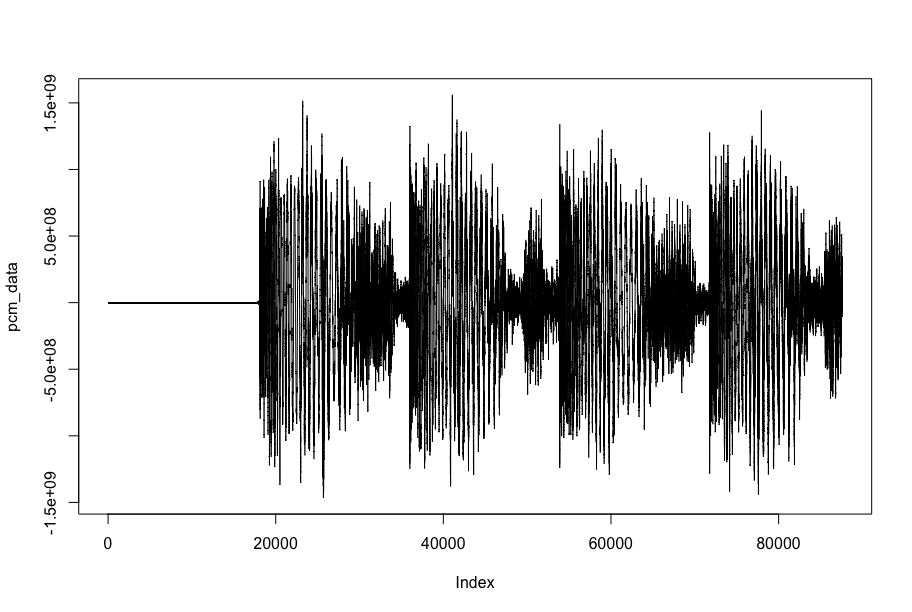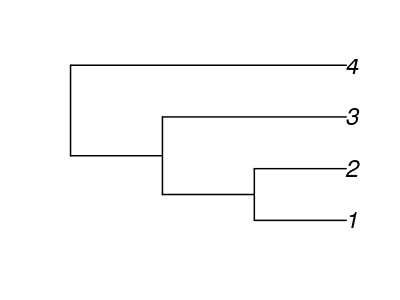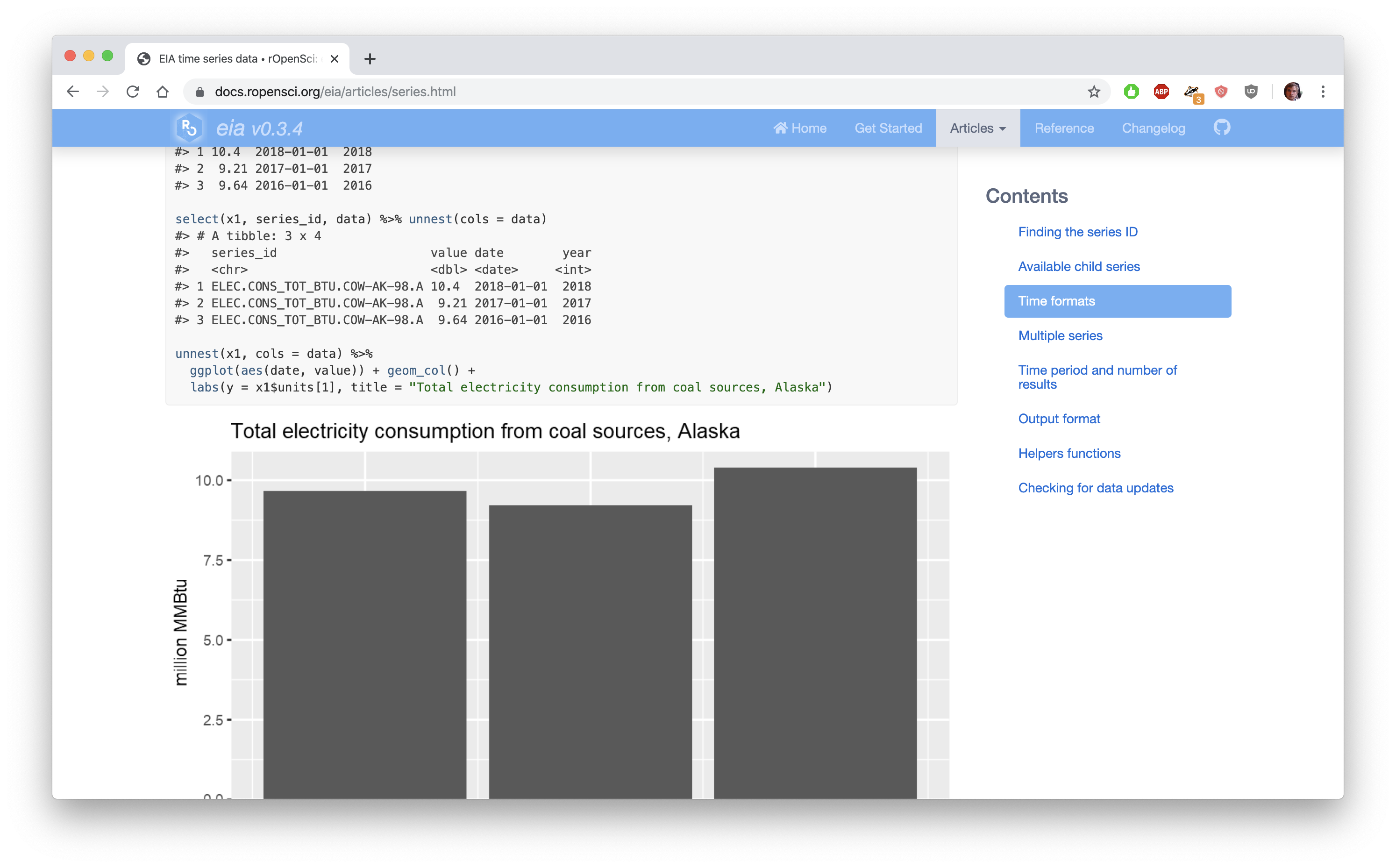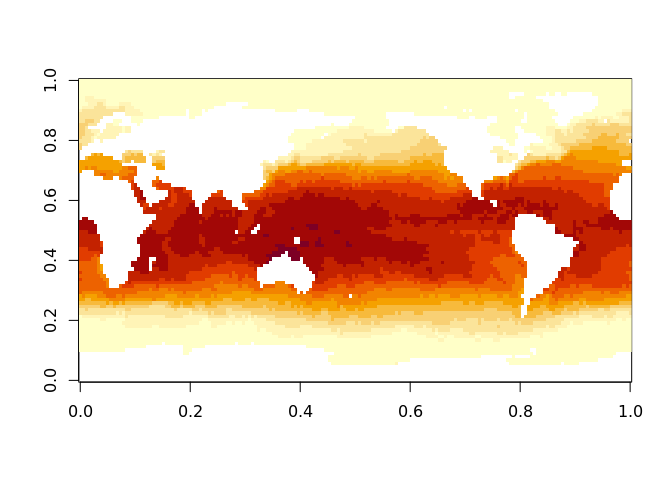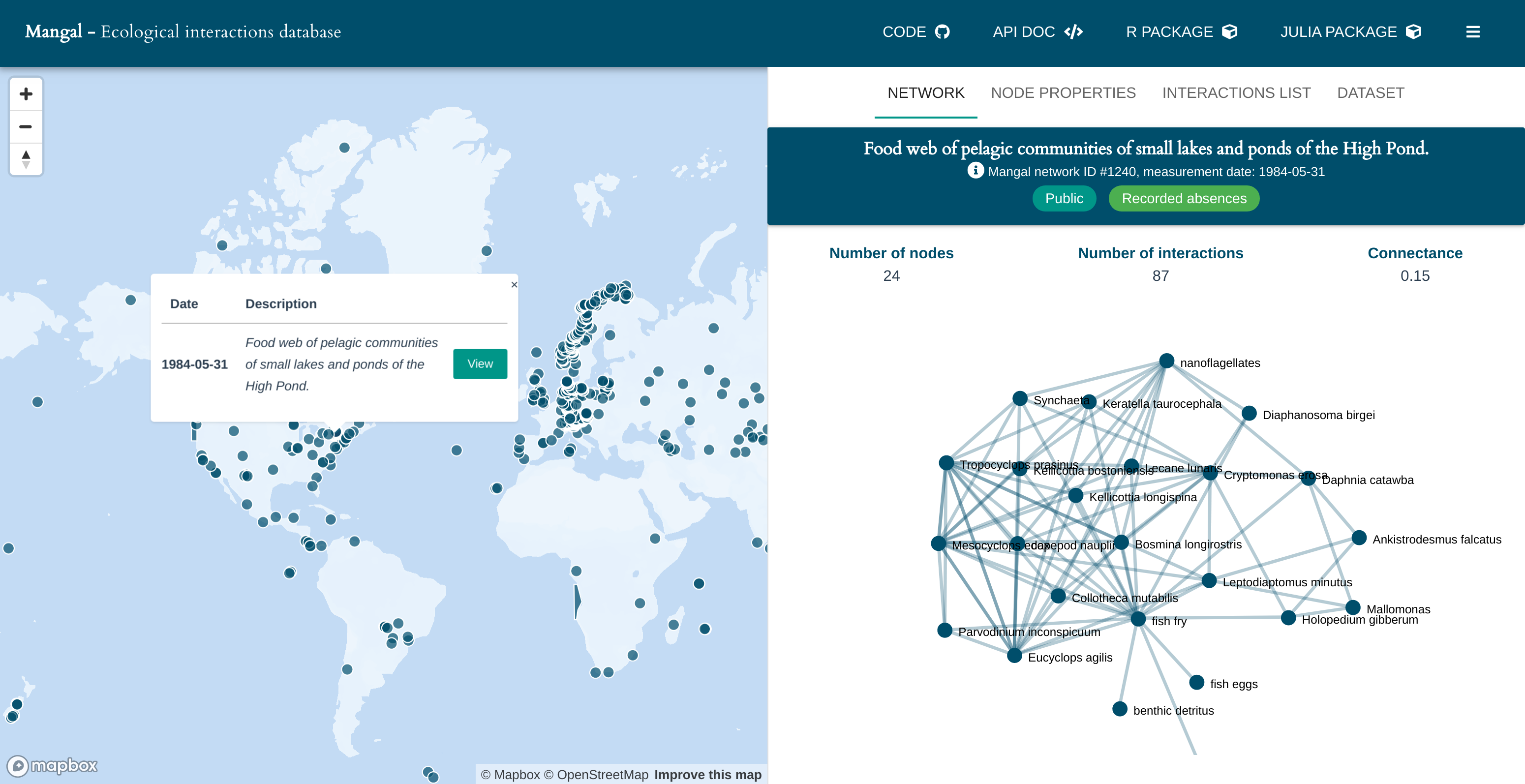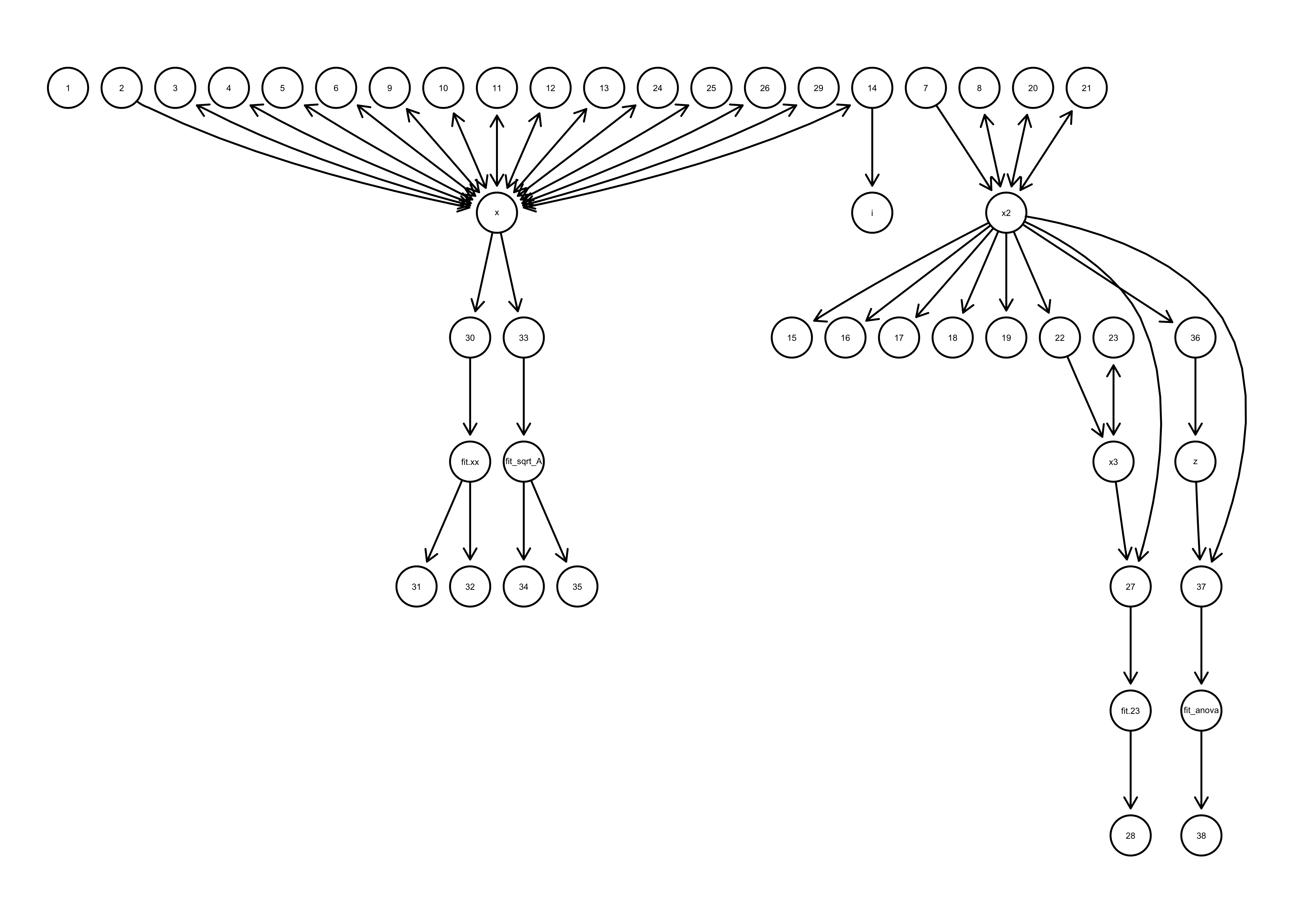
The R language has become very popular among scientists and analystsbecause it enables the rapid development of software and empowersscientific investigation. However, regardless of the language used,data analysis is usually complicated. Because of various projectcomplexities and time constraints, analytical software often reflectsthese challenges. “What did I measure? What analyses are relevant tothe study? Do I need to transform the data?

